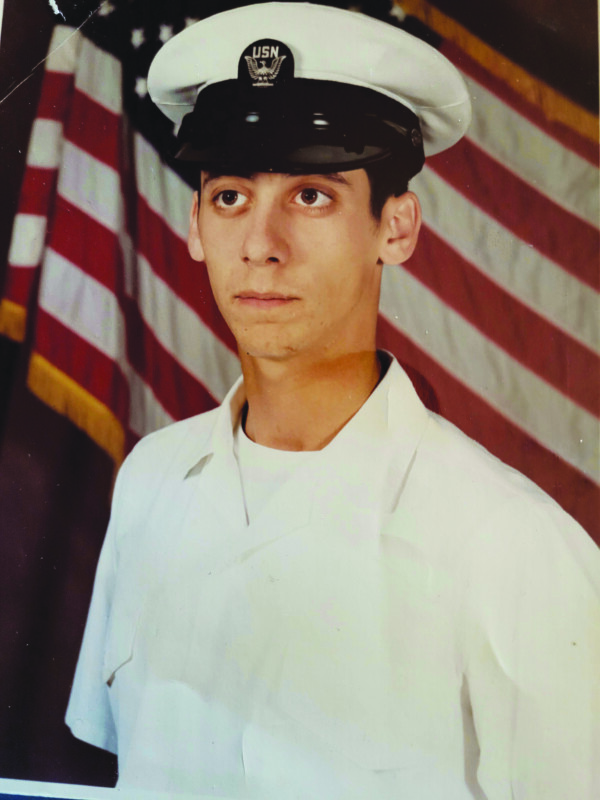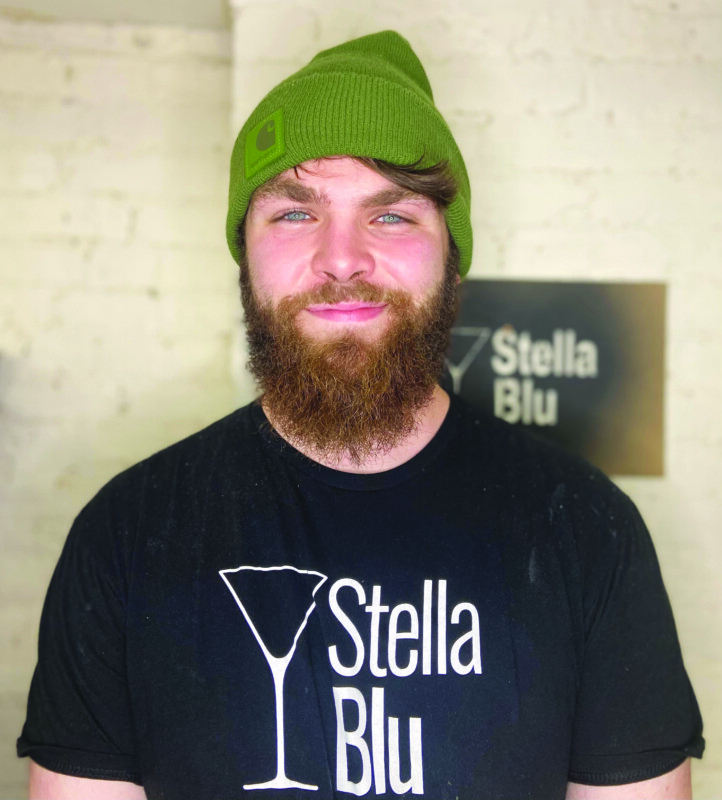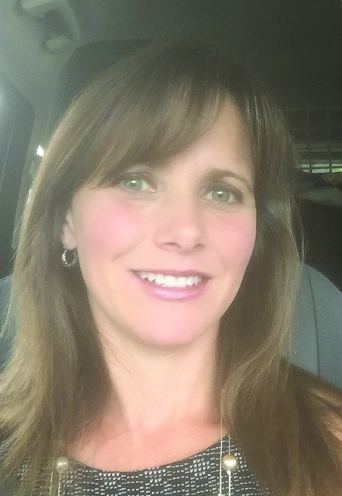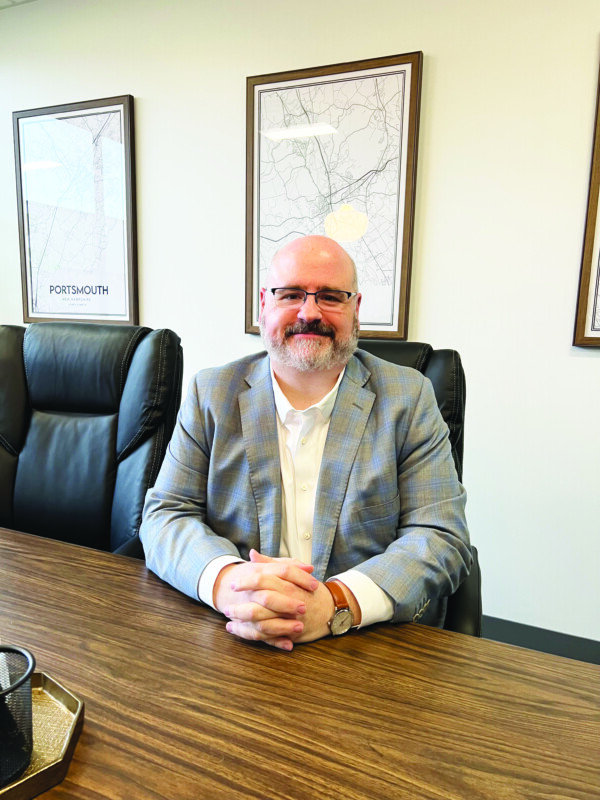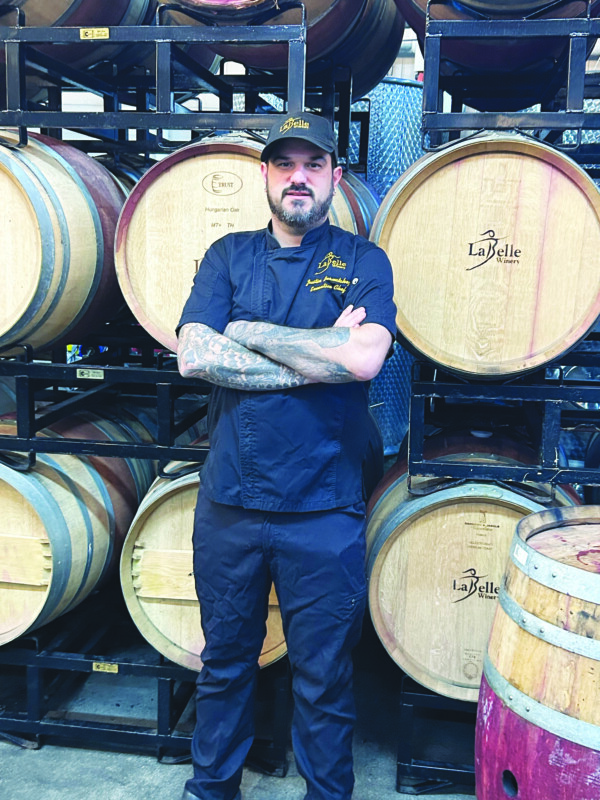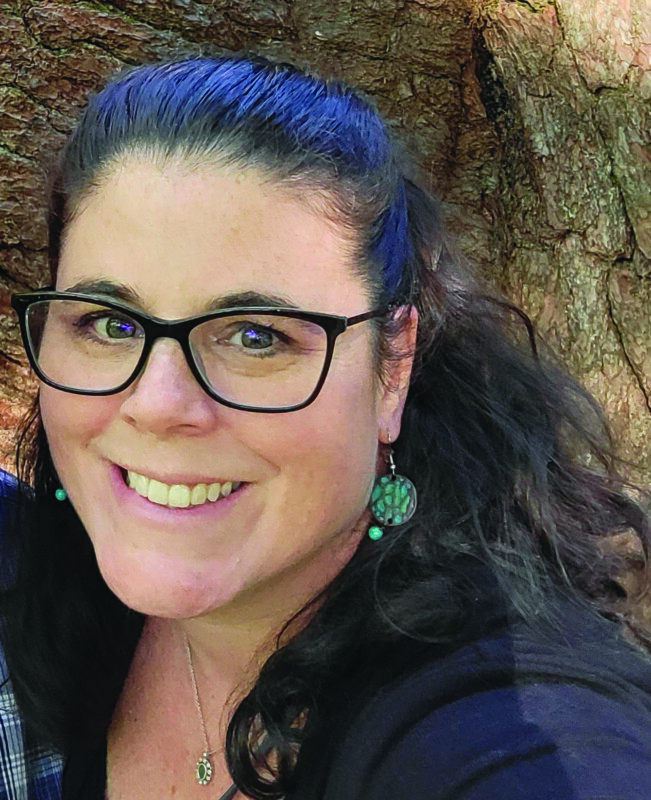A veteran helping veterans with at-home care
Mark Nalbandian of Bedford is a Navy veteran and caregiver at 360 SHS, a Bedford-based organization that offers home care and pairs senior caregivers with elderly clients in need. He delves into his journey from serving in the military to providing care for fellow veterans and shares his experiences and insights on how this transition has shaped his personal growth and impacted the broader community’s perspective on veteran care.
How has your experience as a Navy Airman shaped your approach to caregiving?
I spent six years in the Navy and during that time I learned quite a few great life skills, such as communication, consistency and the importance of showing up ready to work every day. I have had the privilege to care for three seniors who are Korean conflict veterans. I am currently caring for one of these clients still. It means the world for me to be able to support fellow veterans as they age in place.
What were some challenges you faced transitioning from military service to a caregiving role?
After my time in the Navy, I spent 25 years in commercial concrete, followed by a building contractor and real estate career. I began working with [360 SHS owner] Judy Loubier about five years ago. I got sick in 2008-2009 with stage 4 head and neck cancer. I faced some harsh treatments and needed constant care while I was recovering. Once I recovered, I saw my dad in the hospital. When he was picked up by an ambulance to bring him to the care facility, I inquired about the profession and what an average day looks like and it inspired me to try something new. Now, communication, companionship and everyday chores are a big part of my job. It’s really meaningful to help keep seniors and veterans safe and prevent falls.
What personal significance does caring for fellow veterans hold for you, and how has it influenced your growth since your military service?
I am in my mid to late 60s and the veteran clients like the commonality of and mutual understanding of being veterans. The related experiences are so meaningful and we can converse for hours. I love it. I worked for a few concepts before discovering 360 SHS, and five years later I know this is the last job that I will ever work. I don’t do it for the money. I do it because it is important and I pride myself on being able to support my fellow veterans.
How has your work at 360 SHS impacted the community’s understanding of veteran care?
360 SHS was doing a great job of caring for veterans before I was brought on five years ago. However, I can bring a different perspective, being a veteran myself, and have been able to build great relationships with senior veterans throughout the community. 360 SHS understands the importance of matching veteran caregivers with veteran clients as they are able to create meaningful relationships. It feels good to help veterans — and other seniors — age in place without having to get dragged out to a nursing home. I feel better knowing that they get to stay in their home and not have to leave their life behind after bravely serving our country.
What advice would you give to veterans considering a caregiving career post-service?
Do it! It is a lot more meaningful than when I was building bridges in my previous career. I never saw myself doing this job, but I love it and know I will do this until the day I retire. 360 SHS helps hire active reservists, knowing they might have to up and leave. They provide services for veterans who can get paired with 360 SHS through the VA. 360 SHS offers a lot of recognition and appreciation during Veterans Day and outreach to all veteran clients and caregivers.
Featured photo: Mark Nalbandian. Courtesy photo.

